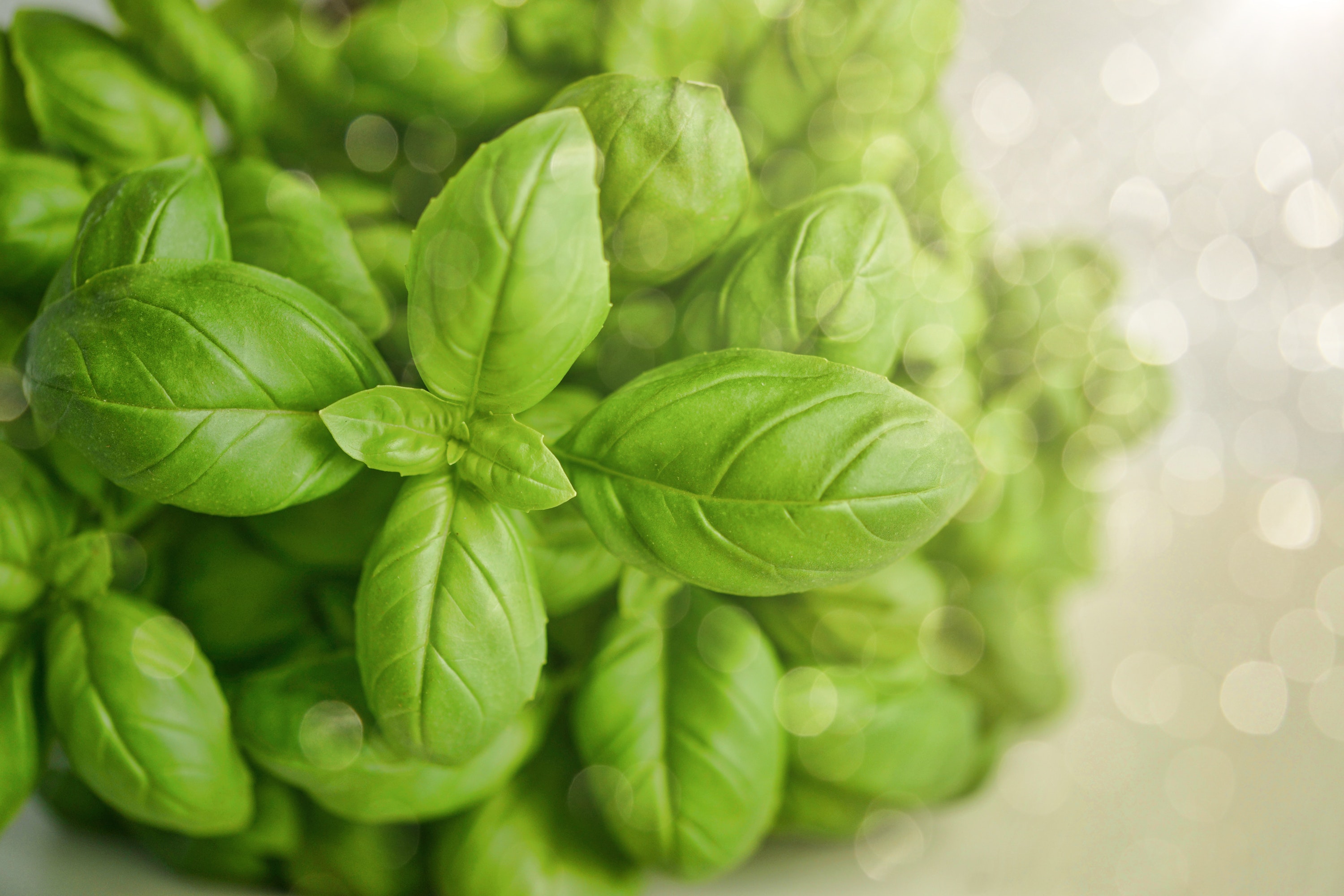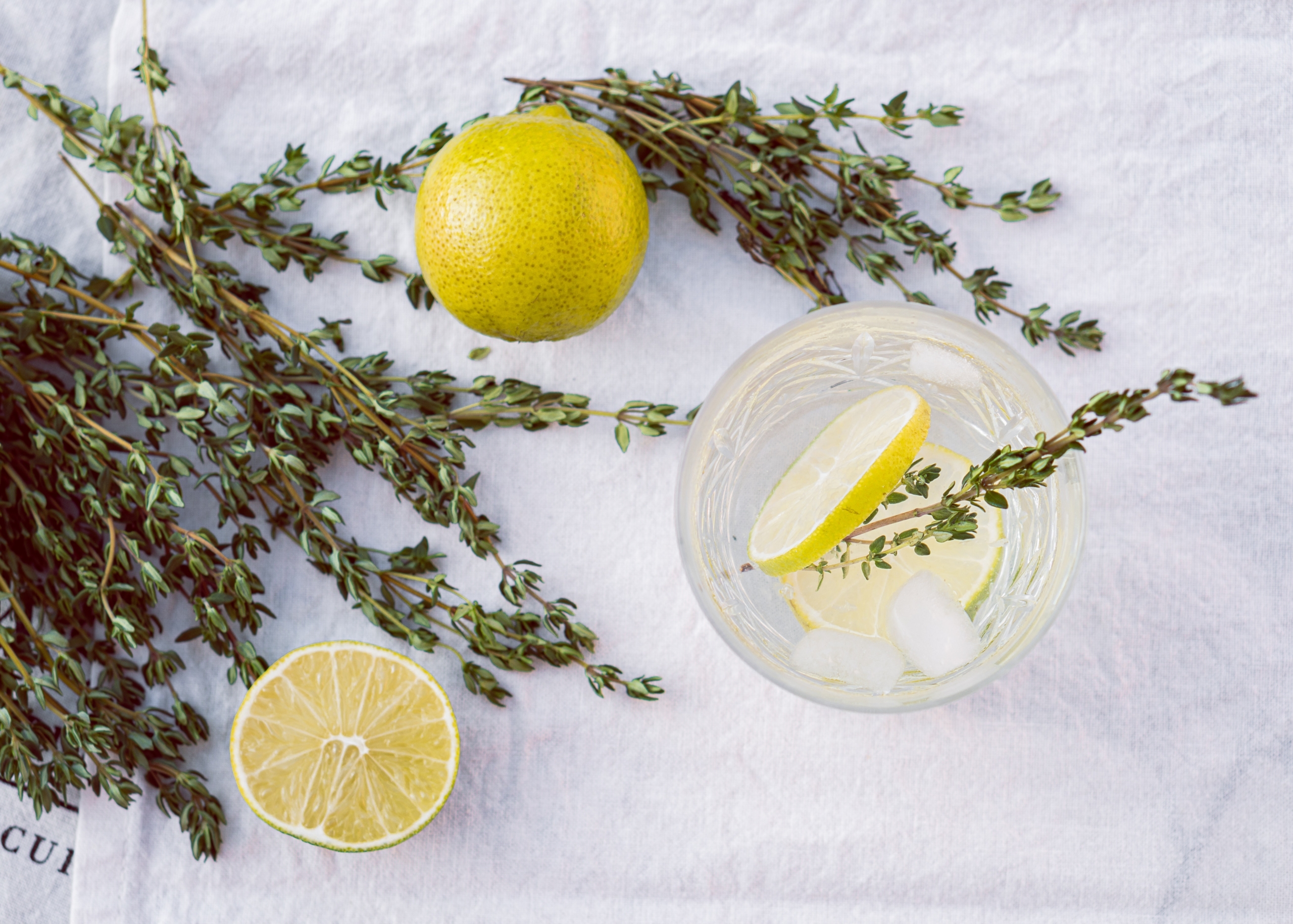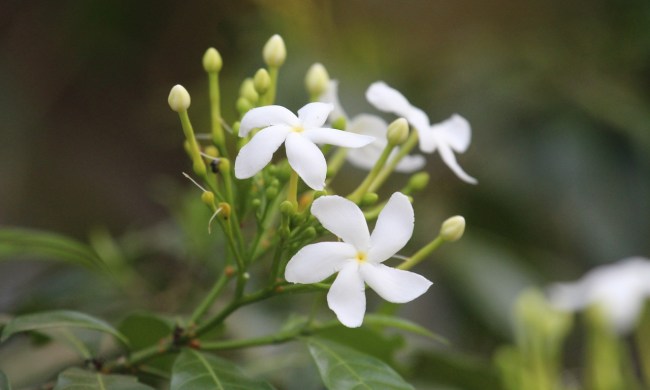If you’re a gardener and have had a problem with bugs and other pests, you know the harm they can cause to your plants. Even if you’re not a gardener, you know that during some months of the year, bugs can be incredibly annoying. You step out on your front porch on a June evening, and immediately clouds of gnats or mosquitoes seem to swarm you.
Good news, though! There are ways of fighting back against these tiny but persistent annoyances. There are ways of ridding your yard or garden of flies, mosquitoes, gnats, and other flying bugs, as well as pests that put the D in damage when it comes to your garden’s plants.
We’re not talking about traditional pest control methods, nor bug sprays. We’re talking about other plants that repel slugs and snails. We’re talking plants with natural defense systems built in that help control pesky bug situations.
If you’re interested in having a relatively bug-free garden or a yard that’s pleasant to spend time in, then read on to learn more about pest control plants that can help prevent the need for bug spray!
Basil
If you enjoy Italian cuisine, then you’re likely already familiar with basil. Coming from the mint family, basil is an herb that’s also used in a lot of other foods from various countries, including Vietnam, Indonesia, and Thailand. Its smell is sweet and fragrant, and its taste is a bit peppery. Basil is easy to grow and maintain. If you like to cook, then it may already be a part of your kitchen garden!
The great thing about this herb isn’t only the fact that it’s flavorful; it’s also amazing because it has an essential oil, which kills mosquito eggs!
Lavender
Like basil, lavender is from the mint family. It’s a flowering plant with petals slightly lighter than purple. You can identify lavender easily due to its sweet-smelling scent. It’s a plant that is thought to be native to the Middle East, the Mediterranean, and India.
Long ago, it was considered a holy herb and was also used to give a faint scent to hair and clothing. Today, it is used to infuse its flavors into sauces, marinades, desserts, and beverages.
However, while we humans enjoy the smell of lavender, mosquitos, flies, and moths, loathe it. Plant it in a sunny garden (lavender requires lots of sunlight) or just make bouquets to keep the bugs mentioned above at bay.
Chrysanthemums
Chrysanthemums (also called mums) are incredibly popular due to the wide variety (there are hundreds) available and the fact that they are easy to grow. Their blooms can be seen throughout late summer and in the fall. The flowers of these plants are used to symbolize a wide array of things worldwide. For example, in America they represent honor and respect. In Asia, mums symbolize rebirth and life, while in Europe they’re used to show sympathy.
Related: Sympathy Gifts
However, to bugs, chrysanthemums represent chemical warfare. That’s because mums have a specific compound in them that’s actually used in commercial insect repellents. Unlike some of the other greenery on this list, mums are like an all-in-one, multipurpose, loathsome monster.
You’ll find that roaches, ticks, silverfish, mosquitoes, and other beetles are disgusted by chrysanthemums … which is why you should keep them on hand.
Thyme
For those of you with small gardens, you may wish to plant a little thyme (pronounced “time”). This herb is used like many on this list to add flavor to various dishes. It can be used alone or blended with other spices that may include sage, marjoram, or rosemary.
It’s also used as a repellent in gardens to help deter pests like cabbage maggots, corn ear worms, tomato hornworms, cabbage loopers, small whites, and whiteflies.
Rosemary
Used in literally a ton of recipes around the world, rosemary is a bush. Its evergreen, fragrant leaves, which look like small needles, have been used in cooking since 500 B.C. Like many of the herbs and bushes on this list, rosemary is part of the mint family and is native to the Mediterranean.
There are over 7,000 species, and they all repel mosquitos as well as slugs and snails. Other plants that repel slugs and snails are parsley, sage, horsetail, hyssop, wild garlic, and savory.
Why do certain plants repel bugs?
According to some theories, plants that naturally repel bugs do so because they evolved that way. Through natural selection, they were able to ultimately ward off various insect predators by developing chemicals, essential oils, and fragrances that bugs, slugs, and snails hate.
Now, you can find natural insect repellent sprays that incorporate the essential oils of plants like eucalyptus, lemongrass, citronella, and lavender that many swear by.
You could, of course, simply strategically plant these natural pest repellents in your yard or garden.




